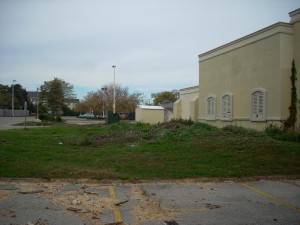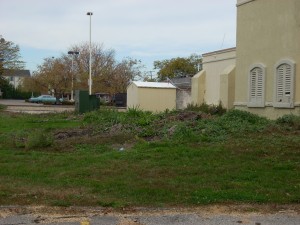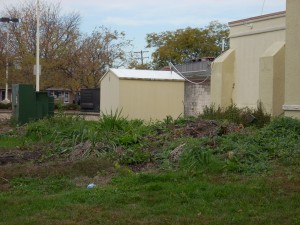There is information still coming to light about this awful case. Early reports, such as the name of the shooter and the alleged murder of the father, were predictably wrong. It turns out that the shooter, named Adam Lanza, a 20 year old with a history of odd behavior and some evidence of mental illness, such as autism, was living with his mother who was his first victim. There are a number of suggestive reports, that she decided to “stay home to care for” her 20 year old son.
The treatment of severe mental illness in this country has been altered for the worse by a movement that began in the 1960s when mental illness began to be described as a “civil rights ” issue. Several books and movies described abuse of power in commitment of the mentally ill. The first such movie was “The Snake Pit” in which a young woman is committed for what sounds like schizophrenia. The treatment of the time (1948) can be seen as barbaric but there was nothing else available. She did recover, although we know that without adequate treatment, recovery from schizophrenia is unlikely.
The movie that really devastated the mental hospital system was called “One Flew Over the Cuckoo’s Nest” and starred Jack Nicholson.
The movie was powerful in showing the Nicholson character as a guy who just is “different” and harmless.



